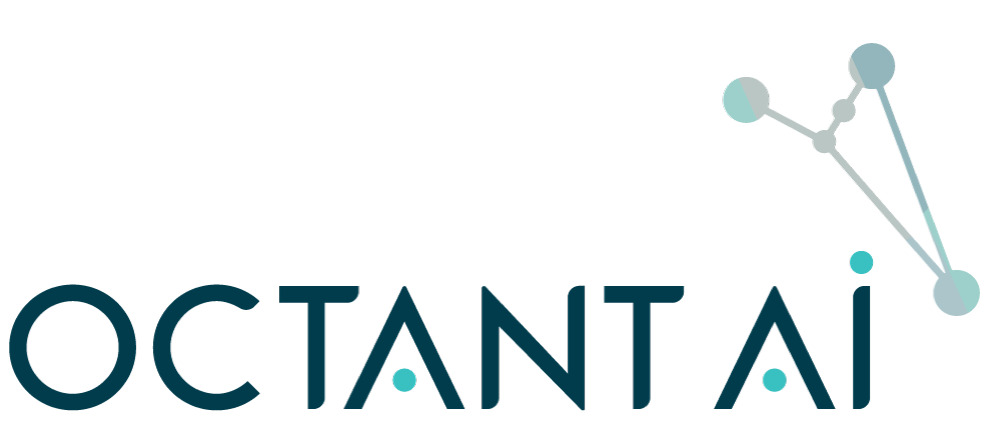The COVID-19 pandemic ushered in instant changes to the way we work, moving most people from a traditional office-based commuter model to a working from home set-up, almost overnight. Web-cams got a work-out, the likes of which they had never before encountered, and people became accustomed to remote engagement with colleagues, clients and stakeholders.
This swift shift is an example of the type of change that would have ordinarily taken years to implement. Many businesses have realised this type of work environment is not only viable, but has in some cases, led to increased productivity. A study by Gartner has found around one third of newly remote or hybrid employees say their organisation’s culture has changed since starting to work remotely, and 76 per cent of them say the cultural change has been for the better. Some organisations have also become aware of the incredible power of artificial intelligence (AI) in supporting change within their business.
How exactly do we categorize change?
Change can, in broad terms, be split into three categories.
- Things that we do not control and/or we do not know about. In these circumstances, the change occurs and we simply have to respond to it in the best way, in the fastest possible time-frame. The COVID-19 pandemic is a prime example here.
- Things that we can manage, even if we do not necessarily control the change itself.
- Things that we instigate ourselves by choice.
In each of these instances, any change that occurs results in people making decisions to achieve the best possible outcome for the given circumstances. While the technical side of change may involve complex legal, administrative and financial arrangements, but arguably the “people side” of change poses a far greater challenge. That is because generally, humans push back against change. For that reason, it can take a great deal of time and sensitivity to alter the culture, character and competencies of an organisation.
Ultimately, change management focuses on how to help employees embrace, adopt and use a particular form of change in their daily work. Any change management consultant will attest that change management is not simply communication and training, nor is it just managing opposition to the transition. Effective change management employs a detailed strategy and a comprehensive set of tools to bring about successful individual and organisational change.
So, how can we use AI to support change management?
When faced with change, people make decisions to get the best possible outcome. Those decisions are made by assessing the situation and examining the available options in terms of actions that can be taken. All future outcomes are considered and the one that is deemed to offer the best result is chosen.
This is where AI really comes to the fore. AI is, at its core, a decision support tool for informed project management – it offers an ability to best choose which actions to take. Its predictive capabilities allow for opportunities that show the effectiveness of the change or the general response of an audience to change. If as humans, we could more accurately know what the future implications of our various decisions would be, then we could make better decisions.
In their 2016 article ‘How Artificial Intelligence Will Redefine Management’, Vegard Kolbjornsrud, Richard Amico and Robert J Thomas writing for the Harvard Business Review, cited research from a survey of 1,770 managers from 14 countries, and interviewed 37 executives in charge of digital transformation at their organisations.
The article identified several practices, which managers would need to implement, to achieve successful change using AI. The top recommendation was to leave administrative work to AI. Managers identified that 54 per cent of their time was spent on administrative coordination and control. The automation of things like shift scheduling and handling urgent roster changes would have a significant impact in freeing up this time.
Organisations commonly store extensive existing data around administrative procedures, which if fed to data-hungry AI technology could bring about monumental time and cost savings for the business and using automated processes for ingestion to the model.
Another recommendation was that managers treat intelligent machines as colleagues, and that while human judgement was unlikely something that could be automated, intelligent machines could assist in decision support, data-driven simulations, and search and discovery activities. Like any tool, AI augments the manager’s life experience.
For those organisations wanting to capitalise on AI to instigate change, it is important to consider how data within the business is collected, in terms of the way a machine will use it. It can be helpful to engage statisticians or data scientists to identify the exact type of data that will be valuable to machines in collaboration with data-knowledgeable staff members.
The way machines work and “think” about things is very different to how people working in various industries do. Construction provides a good example here. The nature of this sector means people are used to thinking about things in a cause-and-effect manner, whereas machines will process things in a probabilistic manner. Quality data is essential in providing the best possible outcomes of any AI-driven digital transformation.
Change may not be something an organisation greets with unbridled enthusiasm. At times it is unexpected and unwelcomed. Employing AI to manage change will help remove the fear inherently built-in to transitions, and ensure the decisions being made are those that will bring the absolute best outcomes.



